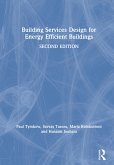
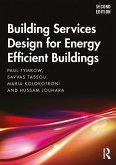
eBook, ePUB
12. Juli 2020
Taylor & Francis eBooks
| Broschiertes Buch | 74,99 € | |
| eBook, PDF | 50,95 € |
eBook, PDF
12. Juli 2020
Taylor & Francis eBooks
Ähnliche Artikel
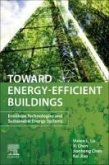
Broschiertes Buch
Envelope Technologies and Sustainable Energy Systems
13. Februar 2025
Elsevier Science
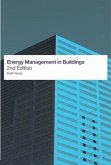
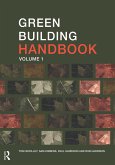
Broschiertes Buch
Volume 1: A Guide to Building Products and their Impact on the Environment
27. November 1997
Routledge
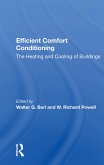
Broschiertes Buch
The Heating And Cooling Of Buildings
31. Mai 2021
Routledge
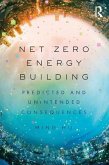
Broschiertes Buch
Predicted and Unintended Consequences
16. April 2019
Routledge
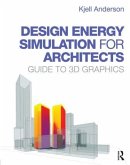
Broschiertes Buch
Guide to 3D Graphics
26. Februar 2014
Taylor & Francis
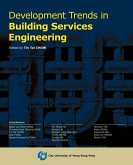
29,99 €
Versandfertig in über 4 Wochen
Broschiertes Buch
Februar 2009
City University of Hong Kong Press

Broschiertes Buch
The Challenge of Trading Places
20. August 2019
Anthem Press
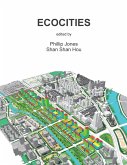

Ähnlichkeitssuche: Fact®Finder von OMIKRON
